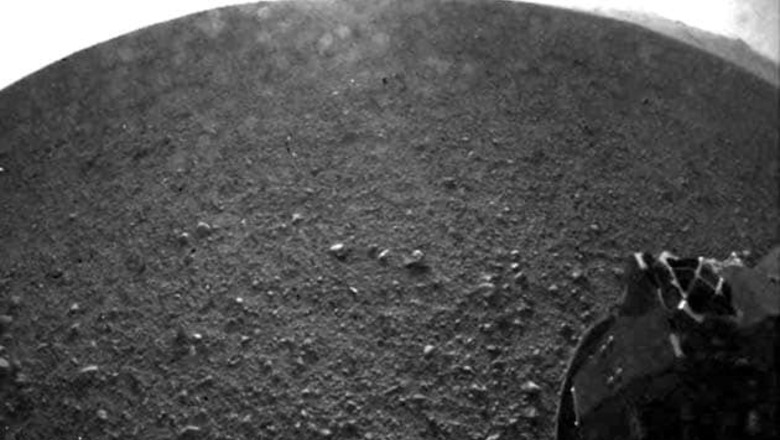
views
New Delhi: This independence day, the prime minister announced India's maiden mission to Mars. India's maiden mission to Mars will lift off in November next year. It will take 450 crore rupees and a 10 month flight over 56 million kilometres, to reach the red planet. The next best time to launch will come only in early 2016 or 2018.
Kiran Karnik, Former Director, Development & Educational Communication, ISRO: This is the time Mars will be closest to Earth. It’s vital we launch then.
India's spacecraft won’t land on MARS. It will merely orbit it and send back photos and data on its atmosphere, climate and geology. The aim is to study if life ever existed or can be sustained on Mars.
RC Kapoor, Frmr Director, Indian Institute of Astrophysics: The atmosphere of the planet which is about 100 times thinner than the earth. One interesting thing is like earth has a magnetic field, Mars has any. So the high energy solar radiation reaches almost unhindered on the surface of Mars. Apart from that solar UV radiation it virtually sterilizes the soil because hydrogen peroxide will be formed & that is an oxidizing agent and any living thing will be destroyed. There are devices which probe deep enough below the surface & are able to find information.
Since India hasn’t mastered cryogenic GSLV engines yet, a PSLV-XL rocket will be used for the launch. But that severely limits the amount of scientific equipment we can send up.
G Madhavan Nair, Frmr Chairman, ISRO: The orbit is 50X 80,000 kilometres – not the best for an observation mission. The original plan was to use a GSLV. But now they will use a PSLV. Which means hardly 20-30 kilo payload. With that, not much useful science can be done.
The Mars satellite will have equipment derived from the Chandrayaan mission. But it will have better propulsion, power generation and communication facilities. While experts are excited about the challenges of conquering the red planet, they do sound a word of caution.
Kiran Karnik, Frmr Director, Development & Educational Communication, ISRO: The Indian space programme has always been oriented to applications for the common man. My only concern is that should not be sidelined. By high visibility, high prestige events. They are necessary, good science. But we should not lose our focus.



















Comments
0 comment